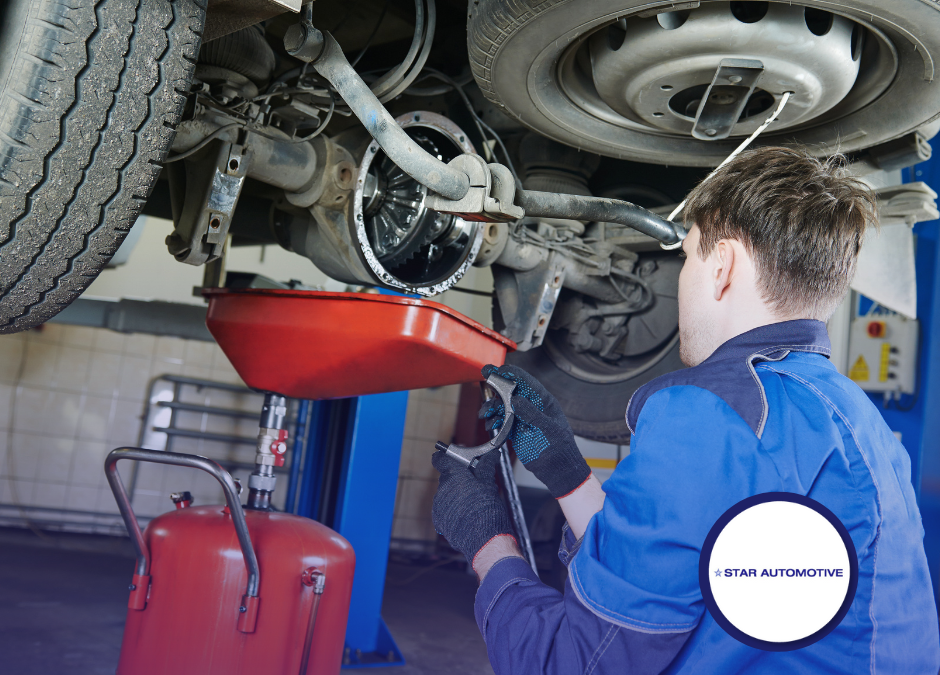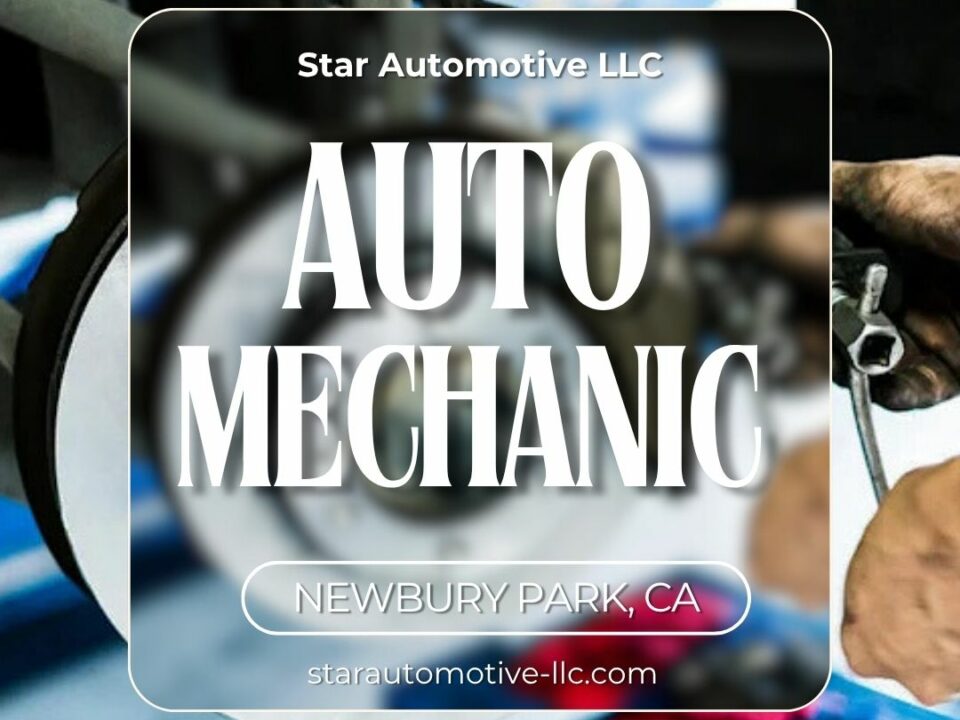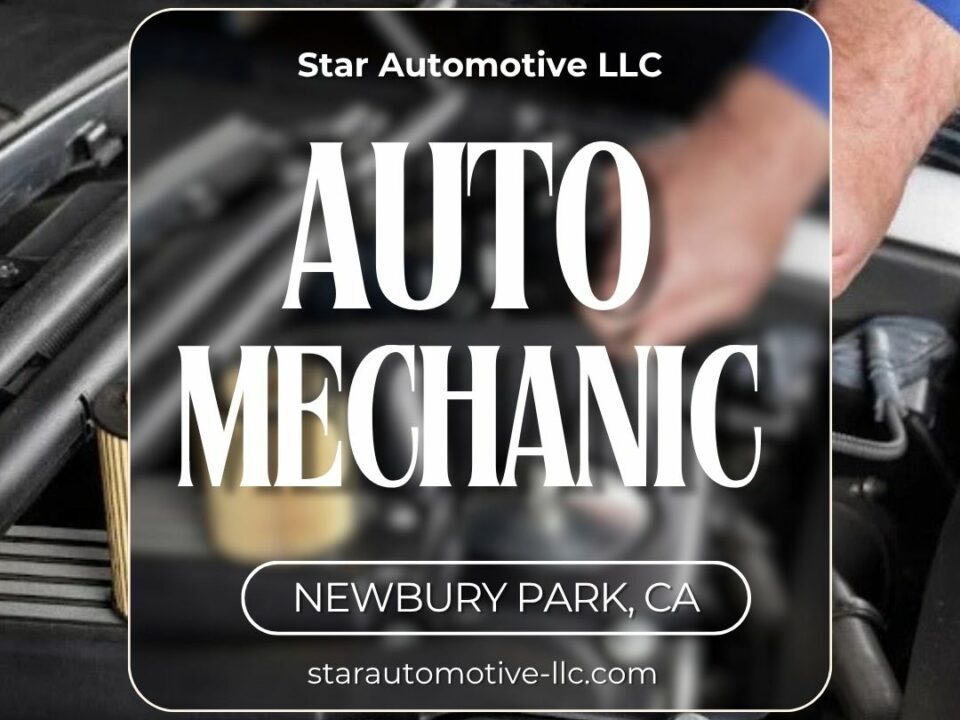
Understanding Preventative Maintenance: A Guide for Car Owners and Auto Mechanics
November 22, 2023
DIY Auto Repairs vs. Professional Auto Mechanics: Pros and Cons
November 22, 2023In the ever-evolving world of auto mechanics, technology plays a pivotal role in reshaping the industry. From diagnostics to repairs and beyond, cutting-edge innovations have transformed the way auto mechanics work. In this article, we’ll delve into the significant trends and innovations driving modern auto mechanics.
Embracing Digital Diagnostics
One of the most notable advancements in auto mechanics is the integration of digital diagnostics tools. These tools, equipped with sophisticated software, allow mechanics to pinpoint issues quickly and accurately. From OBD-II scanners to advanced onboard computer systems, digital diagnostics have revolutionized the troubleshooting process.
AI-Powered Systems
Artificial Intelligence (AI) has found its way into auto repair shops. AI-powered diagnostic systems can analyze vast amounts of data, identify patterns, and provide insights that human mechanics might miss. These systems enhance the efficiency and accuracy of diagnostics.
Remote Diagnostics and Telematics
Modern vehicles are equipped with telematics systems that transmit data about the vehicle’s health and performance. Auto mechanics can remotely access this data, enabling them to diagnose issues without the vehicle even being in the shop. This saves time and reduces downtime for car owners.
IoT Integration
The Internet of Things (IoT) has enabled real-time monitoring of vehicle components. Sensors throughout the car send data to a central system, allowing mechanics to detect potential problems before they escalate. IoT integration is a game-changer for preventative maintenance.
3D Printing for Parts
3D printing technology has made it possible to manufacture customized parts with precision. Auto mechanics can now create rare or discontinued components, reducing the reliance on traditional supply chains and reducing repair times.
Materials Innovation
Advancements in materials science have led to the development of stronger, lighter, and more durable materials for vehicle parts. Mechanics now have access to components that are more resilient and can enhance vehicle performance.
Electric and Hybrid Vehicle Expertise
The rise of electric and hybrid vehicles has spurred a demand for mechanics with specialized knowledge. Auto mechanics are adapting to work on these advanced vehicles, including understanding high-voltage systems and battery maintenance.
EV Charging Infrastructure
The expansion of electric vehicle charging networks requires auto mechanics to be knowledgeable about EV charging infrastructure. Mechanics can install, maintain, and repair charging stations, adding a new dimension to their skill set.
Conclusion
Technology has become the driving force behind modern auto mechanics, reshaping the industry and expanding the skill set required. As innovations continue to emerge, auto mechanics must stay up-to-date with the latest trends to provide efficient and effective services to car owners.




